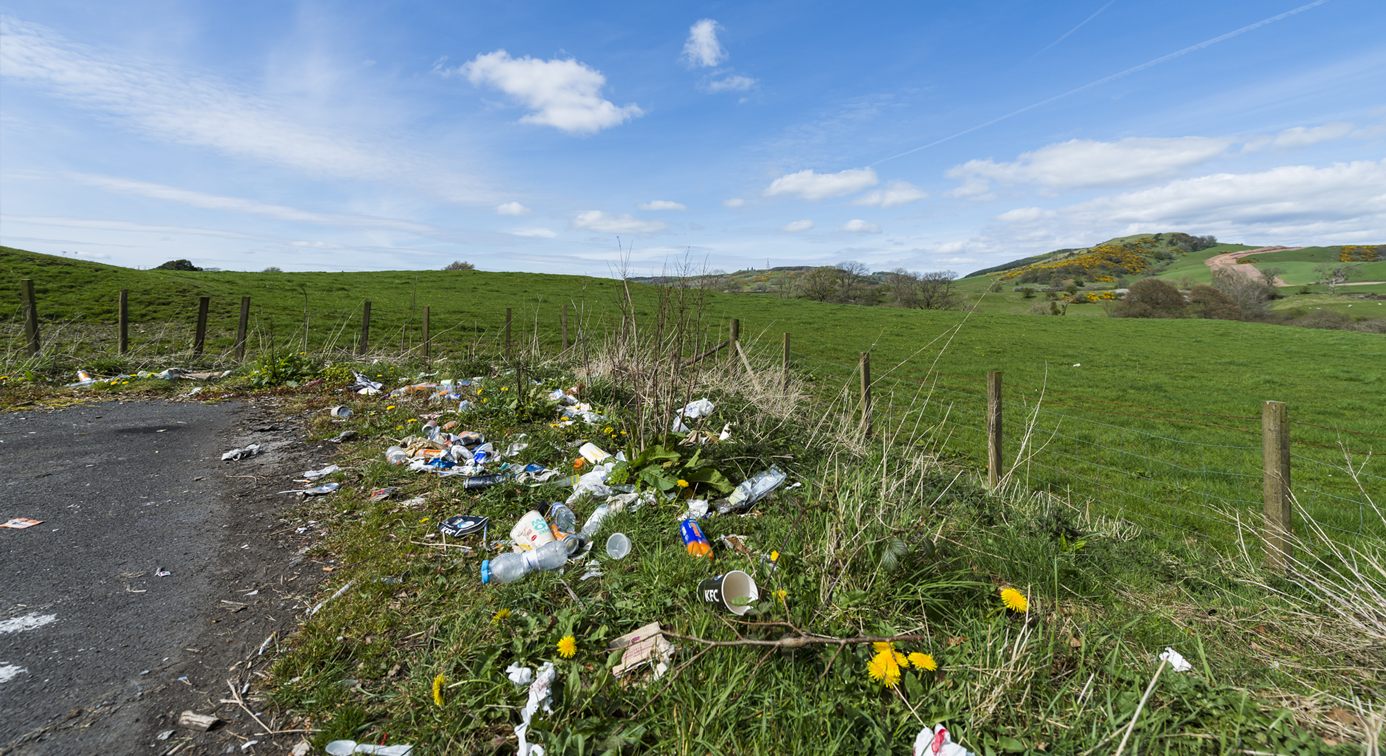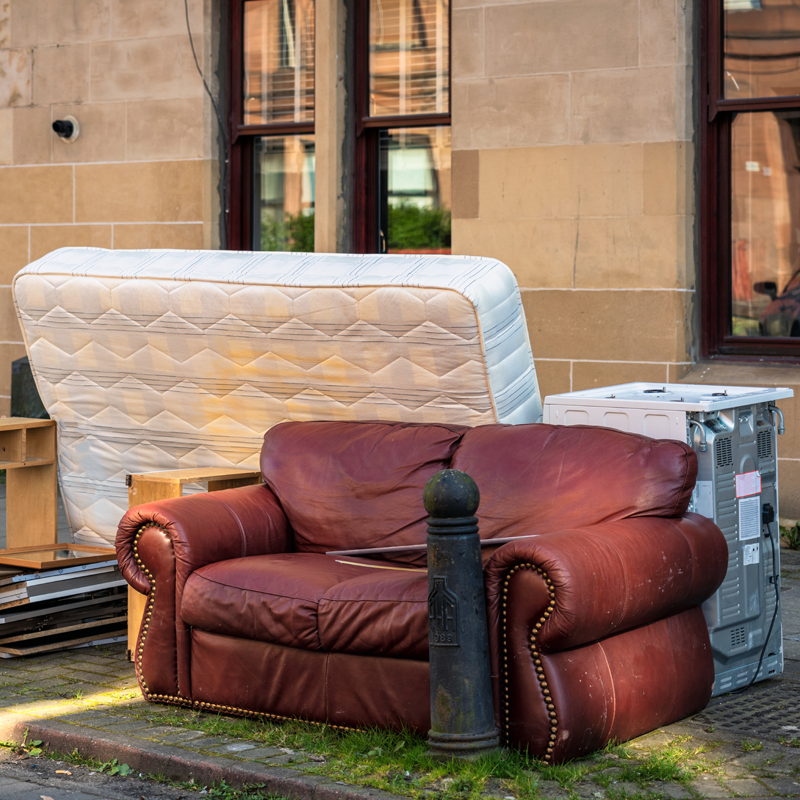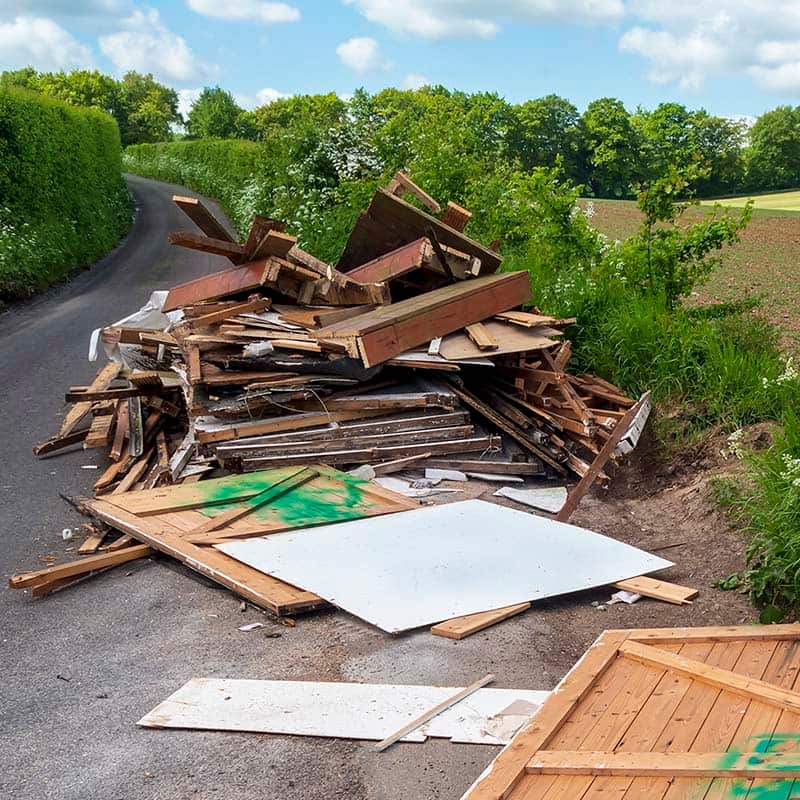The Code of Practice on Litter and Refuse (CoPLAR) is a statutory guidance document.
Issued under the Environmental Protection Act 1990, CoPLAR provides statutory guidance to organisations with a duty to fulfil the legal requirements of section 89, (1) and (2) of the Act. Duty holders are required to:
- keep their land clear of litter and refuse; and
- keep their roads clean.
CoPLAR:
- Explains what the duties are, who is responsible, what types of land are in scope and how to zone land and roads based on the likelihood of issues arising;
- Is clear that Grade A is the standard for both duties, categorises the scale of issue using grades and provides maximum response times for restoring land and roads to Grade A;
- Promotes a preventative approach towards litter and refuse, and the design of services to support this;
- Highlights the requirement to keep roads free from detritus, which if not managed can have wider impacts such as flooding or obscuring road surfaces;
- Is admissible as evidence in court proceedings if a duty holder is taken to court for dereliction of its duties.
- Duty holders must have regard to CoPLAR, be able to evidence how they are fulfilling their duty as far as practicable and, where this is not possible, they need to justify why not. Ultimately, it is for courts to decide whether or not it was impracticable for a duty holder to discharge its duty.
A clear focus on prevention
Scotland’s litter and flytipping problem costs an estimated £1m every week – it is avoidable with the right approach, and money could be better spent on other services. CoPLAR supports the long term goal to change public attitudes and behaviour towards littering and flytipping and combined with better partnership working, it will help to avoid litter and flytipping spoiling our land and marine environments.
The Christie Commission (the Commission on the Future Delivery of Public Services) established that prevention in public services is more efficient than treatment. So CoPLAR puts prevention and cleansing on an equal footing.
By addressing the causes of littering and flytipping, prevention provides greater flexibility for duty holders to change their approach to managing the issue, achieve cleaner land for longer, and reduce the reliance on expensive clean-up operations.
Monitoring and evidencing compliance
Evidencing compliance with the duties and gathering intelligence to inform preventative action is key.
All duty holders need to be able to evidence they are meeting the required standard and complying with the duty/duties.
Zones, grades and response times provide duty holders with a framework within which to evaluate their performance and take action on a day to day basis.
Furthermore, gathering intelligence using the framework of metrics provided in CoPLAR will assist in the planning, delivery and evaluation of targeted initiatives to prevent litter and refuse occurring and help to optimise cleansing operations both at a local and national levels. The data can be used to inform best practice providing duty holders with opportunities to replicate what others are doing to tackle similar problems proactively and also to inform national level intervention such as policy decisions.
Regular and consistent monitoring has a number of benefits for duty holders, it lets them:
- Evaluate performance and effectiveness of their actions at a local level;
- Identify issues which need further action and helps inform strategic decision making;
- Demonstrate how they are meeting their duties;
- Target prevention effectively by understanding the types of litter and refuse left in different areas;
- Optimise cleansing operations.
Zero Waste Scotland are working in partnership with Scottish Local Authorities and key stakeholders including the Association for Public Service Excellence (APSE), Convention of Scottish Local Authorities (COSLA), the Improvement Service and Keep Scotland Beautiful (KSB) to develop and trial a new monitoring method and system which would provide:
- Consistency in approach using the metrics outlined in CoPLAR across a large number and range of land managers in Scotland;
- Objective methods of assigning cleanliness grades to areas using a count of items;
- Collection of accurate information;
- Useful data to inform planning and evaluation of litter prevention activities at both local and national levels.
The method:
- Is intended to be used to monitor land and roads managed by all duty holders;
- Determines litter and refuse grades based on the number and type of items in the transect, rather than a visual assessment alone;
- Relates to zoning designations for land based on footfall/vehicle movement and litter generators, therefore linking cleanliness with the likelihood of being littered;
- Determines how clear of litter and refuse land is, based on the conditions within an area of defined size, regardless of land use and type, incorporating both hard and soft-standing;
- Determines how clean roads are based on the presence of detritus within an area of a defined size.
The system will:
- Display allocated survey locations;
- Allow in-field data capture;
- Evaluate data sets, produce reports and identify trend information;
- Interrogate data using filters;
- Improve efficiency;
- Support target prevention initiatives based on improved data.
Following a successful trial with a group of local authorities, it is intended for the system to be implemented across all authorities. Other duty holders will also be encouraged to use the system.
The supporting documents set out the suggested methodology for land managers to assess the cleanliness of their relevant land while meeting the objectives above and provide an overview of the system and how it operates.
Evaluating the impact of litter prevention interventions is important to understand what works and what doesn’t work.







